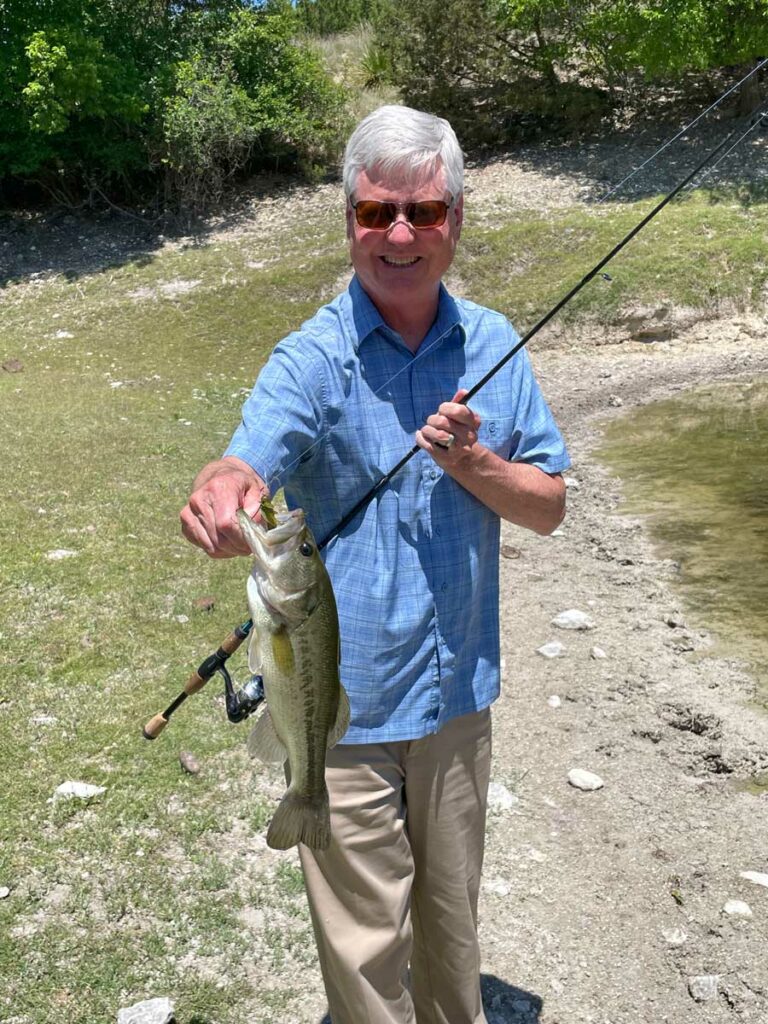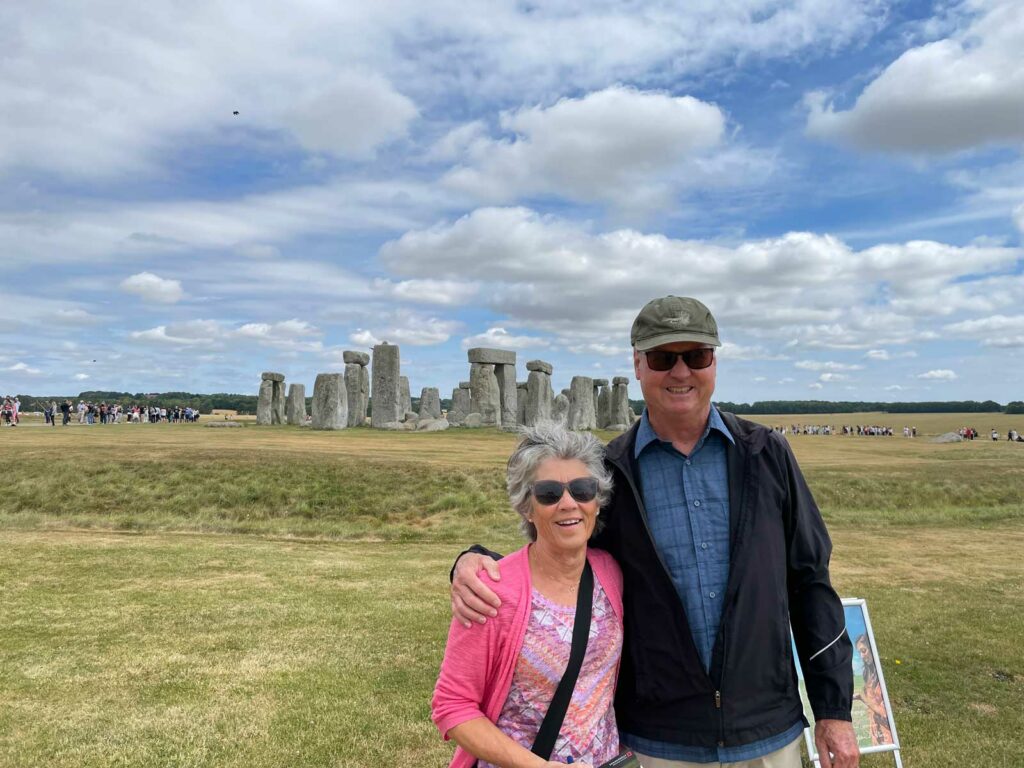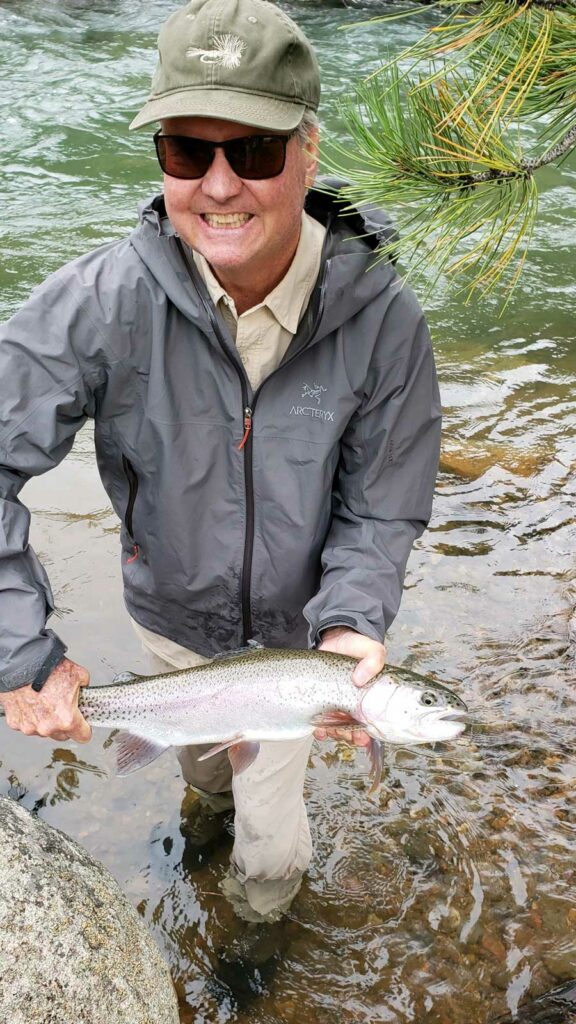John Carpenter, PhD, Professor Emeritus of Pharmaceutical Sciences at the University of Colorado of Pharmacy, Ebert Prize winner and particle industry icon, speaks to Bionter about his incredible life and his journey through the particle world and beyond.

Sanaya Dhir (SD): John tell me a little about your career background- how did you get into the field you are in?
John Carpenter (JC): I’ve been in the field since the 80s- I was very interested in science and originally wanted to be a Marine Biologist. A lot of us wanted to be Jacques Cousteau in the 70’s as he had a cool TV show! So, I undertook an undergrad degree in Marine Biology and was also really interested in mechanisms and Biochemistry and how organisms adapt to extreme environments. As a result, I did a PhD within this area in Biochemistry and Mechanistic Biochemistry.
Following from this I continued to a Postdoc with an amazing couple John and Lois Crowe at UC Davis, who were working on how organisms can survive drying. In the “old days” on the back of comics there existed what were called ‘Sea Monkeys’, they were cool things. Sea Monkeys are the insisted embryo of an animal referred to as a brine shrimp. These embryos can dehydrate and still live, and are incredibly resistant to everything! John and Lois were working on the adaptions that allowed these organisms to survive drying. They were working on lipid membranes at the time, and learnt brine shrimps accumulated a sugar, trehalose, now used as a pharmaceutical excipient.
This sugar was the real reason the brine shrimps could survive drying, and the Crowes worked on the mechanisms by which it worked for stabilizing dried membranes. Well, I didn’t know as much about membranes, but I sure knew a lot about proteins. So, I did research on how this sugar and other compounds can protect proteins during drying and freezing and published several papers with them.
So, the whole reason was an interest in organisms, in Biology.
SD: That sounds fascinating, what did this passion lead to?
JC: So, at the same time the Biotech revolution for protein drugs was starting.
In the mid-80’s, I became friends with some amazing scientists from Amgen, and as I was learning about protein drugs, I did some protein stability work with my Amgen friends.
After a job became available in Colorado for someone to teach physiology and some modern drug topics. So I was hired to come out here in 1993 to do research on Biotech drug products development, and mechanism of stabilization.
This resulted in a long-term collaboration with my faculty colleague, Professor Ted Randolph, and with numerous leading scientists from biotech and pharmaceutical companies especially from Amgen. With our industrial collaborators and with various sources of grant funding, we investigated key topics relating to development of protein drugs (and vaccines) such as manufacturing formulation, delivery and analysis, and, of course mechanisms of stabilization.
This was what stated my career in pharmaceutical sciences, and the rest is history!
SD: That’s quite inspiring John, what would you say inspires you, in science and in life?
JC: So in science, I am inspired by an insatiable curiosity and by collaboration with varied groups of people who come together, to advance the field.
With life in general, my wife, Karen and I do a lot outside of science. We like to support groups which do good in the world, for example we are part of a foundation that supports people in Haiti, in India, as well as an organization locally in our neighborhood in Colorado that helps people with food, clothing and housing.
In relation to this I have had several inspiring trips to India and to Haiti.
A great story I have which inspired me is spending time in India with a church group we are part of and doing a tour of India. We spent an afternoon with a former student, it was a great trip and in Thiruvananthapuram, we were driving at night, and we’d go down silent roads and all of a suddenly there was a great party! It was at a temple for a festival. Whilst they really know how to party they also take care of their community. It was particularly inspiring seeing society in some of the rural areas near Nallore, where people are in impoverished communities, but really took care of each other. Everything they did was community based, and that was cool to see. This element of community is key.
Another project we support is in Haiti that finds the poorest people and supports them over 18 months with education, business training, hygiene, food and financial support. We’ve met some of the people who are part of this, almost always women from extreme poverty, who are tragically sometimes ostracized by others in the villages in Haiti. They are enrolled, in the program, set up with clean water, school for kids, training, home improvements, and financial support. The change in 18 months is inspiring, as for a modest amount of money they end up successful, independent and often community leaders. It shows a little bit of help can go a long way and the capacity of people to help themselves with just a little bit of support.
Some of us have been blessed, my wife and I coming from modest backgrounds, I was the first kid in my family with a four-year college degree. We like to give back and we raised our kids to be compassionate as well. I feel blessed that I can still participate in community and global projects and continue to educate. For us it’s about doing things personally to try and help others- this is key. To whom much is given, much is expected.

SD: That’s very inspiring for us too. What would you say inspired you to be on the board with Bionter?
JC: I really like the people there, Tobias and Hanns-Christian spoke to me and I have a personal philosophy of supporting this field as I think it is really important to have a company continuously improving the light obscuration field and its instruments. I wanted to help friends and the field if I could.
SD: We are glad to have you and love to continuously improve! On a more personal level I imagine you enjoy reading? What books are on your nightstand?
JC: I do enjoy reading and I’ve recently been reading a series by Bernard Cornwell- I love almost everything that he has written. He has a series about a soldier in the Napoleonic era- and I really enjoy his medieval history novels. I was re-reading Dickens, I probably re-read almost all the novels by Dickens. The next on my list is some novels by Steven King.
SD: Sounds like you are a big fan of reading especially Dickens, what is your favourite novel by Charles Dickens?
JC: Difficult question, but I would say my favourite is probably David Copperfield- the Pickwick Papers is great too.
SD: Would you say that as a person you are an early riser or night owl?
JC: Let’s get up and go! Definitely an early riser!
SD: When you rise early would you say you are more a tea or coffee person?
JC: I love both 😊
SD: Getting back to the particle world, whilst many systems used in particle measurement originally derive out of other industry branches, and are not 100% optimal for usage in Pharma/Healthcare, what chances do you see for EVE being designed for the needs of particle labs?
JC: I basically believe the tools are already great with EVE, as it allows you to use the Pharmacopoeia methods and recover the sample, which is really valuable as now you could run other methods with recovered material.
If we could figure out alternative calibration methods and/or instrument modifications, could we even use EVE in research and development studies to look at protein particles more effectively? I think with such advancements with current instrument, you might greatly improve measurements of protein particles with light obscuration. This opens up opportunities in the R&D department, and we can develop this further.
Doing particle analysis properly at all stages of product development stage is key.
SD: That’s very insightful, and what features make EVE a great system in your opinion? How can those features influence the speed of product development?
JC: I think the sample recovery element is great! I also believe the volumes can be a lot lower compared to other instruments.
I know in early formulation it helps to use low volume. As far as EVE for process development and formulation of biologics, perhaps with the alternative calibration and instrument modifications perhaps light obscuration can be used more broadly!
It is really valuable to the field and scientists that a company is looking to continuously improve its instrument, as nothing is perfect. It’s great that you at Bionter are looking forward and trying to gain the best out of the instrument.
SD: That’s wonderful insight and we agree! In further insight what kind of music do you enjoy?
JC: I go to concerts every once in a while and particularly love old rock music.
SD: Amazing, beyond music after retirement what is an average day for John Carpenter? What projects are you handling now?
JC: There is no average day, but I love to hike, fortunately I’m living in a great location, Colorado, for this hobby, as well as fishing, another passion of mine. I also do some items on LinkedIn as well as work on seminars to educate for work. It is also great to spend time with my children and grandchildren, hanging out with friends as well as spending time and travelling with my wife. In the upcoming year one trip I am looking forward to being in Munich in February for a friend who is retiring, as well as looking forward to being in Bavaria in July to fish. My wife and I are going to do the Camino Santiago in Spain. Then in late August and early September we shall be on a trip to Ireland with friends.
SD: All the travel, life and work projects sound amazing. As a final question what does Bionter mean to you?
JC: I would like to believe it means that there are really great instruments at Bionter that continue to improve.
Thank you John Carpenter! It was a real pleasure and extremely insightful speaking with you, as well as the core insights into your life, the particle field, EVE and Bionter! Enjoy the rest of your day and until next time, thank you from myself and all of us at Bionter.
